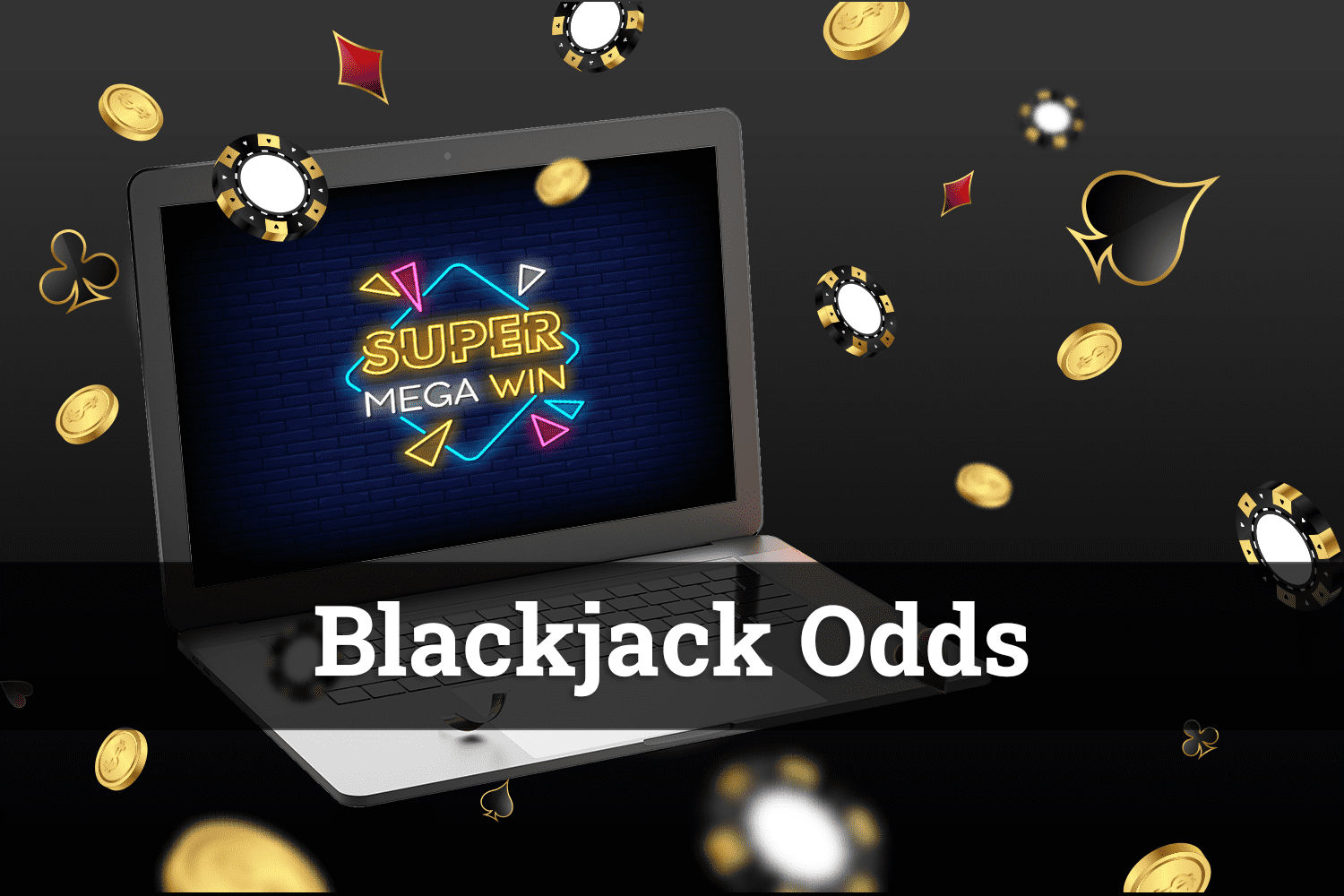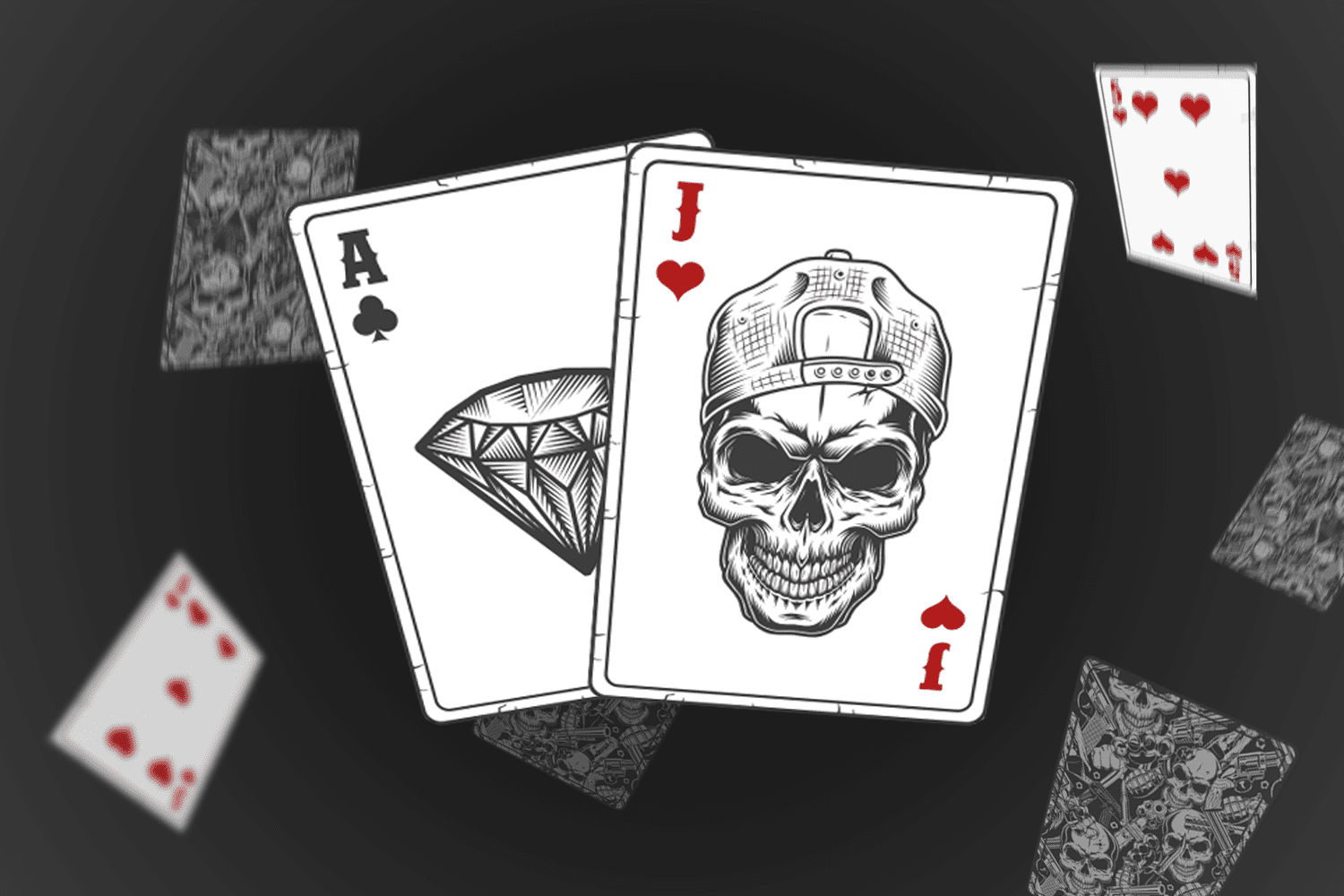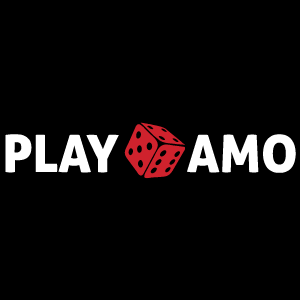Complete Guide to Understanding Blackjack Odds
Blackjack has long been a popular game in casinos, known for its strategic gameplay, exciting card combinations, and potential for big wins. However, many people, despite its popularity, may not be familiar with the rules or Blackjack odds. While it may seem like a simple game of trying to get as close to 21 as possible, there is more to Blackjack than meets the eye.
In this comprehensive guide, we will delve into the various aspects of the odds for Blackjack to help you better understand the game. We will explore the different types of bets in Blackjack, the probabilities associated with each hand, and other essential information that will enhance your understanding of the game.
Table of Contents[]
What are the Odds for Blackjack?
The odds for Blackjack can vary depending on several factors, including the specific rules of the game, the number of decks used, and the strategies employed by the player. However, there are some general odds that can give you an idea of your chances of winning in different scenarios.
The basic premise of Online Blackjack is to have a hand total that is higher than the dealer's hand total without exceeding 21. The odds of achieving this goal will depend on the specific cards that have been dealt and the choices made during gameplay.
On average, the house edge in Blackjack is around 0.5% when played with optimal strategy. This means that for every C$100 wagered, the casino can expect to earn about C$0.50 in the long run. However, it's important to note that this is just an average and individual outcome can vary significantly.
The specific odds for different hands in Blackjack can also be calculated. For example, the odds of being dealt a natural Blackjack (an Ace and a 10-value card) are approximately 4.83%. The odds of busting (going over 21) on any given hand will depend on the cards you have and the total of your hand.

How to Calculate the Odds for Blackjack
Calculating the exact odds for each hand in Blackjack can be a complex task due to the many variables involved, including the specific rules of the game, the number of decks used, and the cards that have already been dealt. However, there are some general principles that can help you understand the odds in Blackjack.
To calculate the odds for a specific hand, you need to consider the number of possible outcomes that would result in a favourable outcome divided by the total number of possible outcomes. For example, let's calculate the odds of being dealt a natural Blackjack (an Ace and a 10-value card) with the first two cards:
Determine the number of favourable outcomes: In a standard deck of 52 cards, there are 4 Aces and 16 10-value cards (10, J, Q, K), so there are 4 * 16 = 64 possible combinations of an Ace and a 10-value card.
Determine the total number of possible outcomes: In a standard deck of 52 cards, there are 52 * 51 = 2,652 possible combinations of two cards that can be dealt.
Calculate the odds: Divide the number of favourable outcomes by the total number of possible outcomes: 64 / 2,652 ≈ 0.024 or approximately 2.4%.
This means that the odds of being dealt a natural Blackjack with the first two cards are approximately 2.4%.
Keep in mind that this calculation assumes that the cards are randomly shuffled and that no other information is available about the cards that have already been dealt. In practice, the odds can change throughout the game as cards are revealed and new information becomes available.
The Blackjack Odds Chart
Here is a simplified blackjack odds chart that provides a general overview of the probabilities associated with different hand combinations in the game. Please note that these probabilities are based on standard blackjack rules and a single deck of cards. Keep in mind that the specific rules and number of decks used can affect these odds.
| Hand Combination | Probability (%) |
| Natural Blackjack (Ace + 10 Value Card) | 4.83% |
| Any 20 (10-value card + 10-value card) | 9.53% |
| Any 19 (10-value card + 9-value card) | 9.47% |
| Any 18 (10-value card + 8-value card) | 9.39% |
| Any 17 (10-value card + 7-value card) | 9.33% |
| Any 16 (10-value card + 6-value card) | 9.23% |
| Any 15 (10-value card + 5-value card) | 9.08% |
| Any 14 (10-value card + 4-value card) | 8.87% |
| Any 13 (10-value card + 3-value card) | 8.48% |
| Any 12 (10-value card + 2-value card) | 8.01% |
| Any 11 (Ace + any 10-value card) | 7.38% |
| Any 10 (10-value card + any non-10-value card) | 30.77% |
| Any other hand | 13.64% |
Dealer’s Cards and the Odds of Winning in Blackjack
Even if you had to use a blackjack odds chart, the dealer always has the best advantage of winning a game against you. Since the dealer goes second, they are making their best moves based on the cards you have at hand.
Of course, the dealer odds and your odds of winning in blackjack will also vary depending on the house rules. Let’s put it in an example: When a dealer must stand on a soft 17, they are less likely to achieve a win than a dealer who must hit on a soft 17.

The Odds of Winning in Blackjack with Tricky Hands
Certain blackjack hands pose challenges due to the close odds between the dealer and the player’s odds of winning in blackjack. The dealer's upcard plays a crucial role in these situations, creating tough decision-making scenarios. Even if you use a blackjack odds chart, you should always take into consideration the various makeup values of your hand and the dealer's upcard, providing insights into how to play blackjack can improve your odds of achieving a win.
Hard 16
This hand tends to divide blackjack players, with some advocating for standing regardless of the dealer's upcard. However, according to basic blackjack strategy, you should hit when the dealer shows a 7 or an 8.
On the other hand, if the dealer's upcard is a 9 or a 10, it may be worth considering surrendering. While there is a high chance of busting with a hard 16, surrendering offers lower odds than the dealer achieving a hand totalling 17 or more. Understanding the odds can help you make an informed decision in such situations.
12 vs Dealer 4
The hand of 12 versus a dealer's upcard of 4 is a particularly close match in blackjack, presenting challenging odds for players. It's not an ideal situation to be in.
Despite the slightly better odds, our recommendation in this scenario is to stand and rely on the dealer's potential bust. By waiting for the dealer to go over 21, you improve your chances of winning the hand.
15 vs Dealer 10
When facing a dealer's upcard of 10 with a hand of 15, it's important to note that this is one of the most unfavourable situations in blackjack. Regardless of your decision, the dealer has a significantly higher probability of winning.
If you choose to hit, your chances of coming out victorious are 22%. On the other hand, if you decide to stand, you have a slightly higher edge with a 23% chance of winning. In this case, taking a risk and opting to hit may be more advantageous, as it provides a slightly better chance of achieving a winning outcome.
Low Pairs
If you are dealt a pair of 4s, it is recommended to always split when the dealer's upcard is a 5 or 6. On the other hand, if you have a pair of fives, it is advisable not to split them. However, when dealt a pair of aces, it is always recommended to split them.
The decision becomes more complex when you have pairs of twos, threes, or sixes. In these cases, it is advisable to split if the dealer's upcard is between two and six. Additionally, you should split pairs of twos and threes when the dealer's upcard is a seven.
If you choose not to split, pairs of twos, threes, and fours should be hit, regardless of the dealer's hand. Similarly, a pair of fives should also be hit regardless of the dealer's hand. However, in the case of a pair of fives, it is favourable to double down when the dealer's upcard is between two and nine, as the odds are in your favour to achieve a total of 20. If you have a pair of sixes and the dealer's upcard is greater than seven, it is recommended to hit. However, if the dealer's upcard is 6 or lower, it is advisable to split and hope for the dealer to bust.
12 vs Dealer 3
If you have a hand total of 12 and the dealer's upcard is a 3, it is recommended to hit once. Following a basic strategy, you should stand on any additional cards that you have included in your hand. In this situation, there is a 5% chance of a push, resulting in neither a win nor a loss.
Although the difference is minimal, choosing to hit gives you a slightly higher probability of winning. However, if your 12 is composed of two aces, the strategy changes as you should always proceed to split aces in blackjack.
How to Improve the Best Blackjack Odds
Improving your odds in blackjack involves following a basic strategy and making strategic decisions based on the cards you and the dealer are dealt. Here are some tips to help improve your best blackjack odds:
- 1
Use Basic Strategy
A basic strategy is a set of predetermined rules that guide your decisions in each blackjack hand. By memorizing and using basic strategy, you can make optimal decisions and minimize the house edge.
- 2
Avoid Insurance and Different Side Bets
Insurance is a side bet offered when the dealer's upcard is an Ace. It is generally not recommended to take insurance as it increases the house edge. Some blackjack games offer side bets with tempting payouts. However, these side bets usually have a higher house edge and can quickly deplete your bankroll. It's generally better to focus on the main blackjack game.
- 3
Manage your Bankroll
Proper bankroll management is essential in blackjack. Before you start playing, have a budget with both win and loss limits in place. This gives you better control over your spending and will avoid you from going after losses.
Finding the Best Blackjack Odds
Whether you're playing with a single deck or multiple decks, understanding the probabilities can greatly enhance your gameplay. We provide detailed insights into the odds of hitting certain hands, splitting pairs, and more.
By familiarizing yourself with these probabilities, you can make informed decisions and choose the best blackjack bets that align with your winning strategies. Knowing the odds can help you determine when to hit, stand, double down, or surrender, maximizing your chances of success.
However, it's important to keep in mind that blackjack is a game where the house always holds an edge. Even at the safest and most reputable online casinos in Canada, the odds are in favour of the casino. It's crucial to set limits, manage your bankroll, and know when to stop playing.
Blackjack Odds FAQ
While blackjack is a game of both skill and luck, there are strategies that can help improve your odds of winning. By utilizing a basic blackjack strategy, which involves making the mathematically correct decisions based on your hand and the dealer's upcard, you can minimize the house edge and increase your chances of success.
The best blackjack strategy is to follow a basic strategy, which provides a set of optimal decisions for every possible hand combination. The basic strategy takes into account the value of your hand and the dealer's upcard, guiding you on whether to hit, stand, double down, split, or surrender. Following a basic strategy significantly reduces the house edge and gives you the best chance of winning.
Yes, different blackjack variations can have slightly different odds due to variations in rules and gameplay. It's important to familiarize yourself with the specific rules of the blackjack variation you're playing, as these can affect the house edge and your chances of winning. For example, games that allow the dealer to hit on a soft 17 or games that offer surrender options can impact the overall odds.
The average house edge in blackjack, when played with optimal basic strategy, is typically around 0.5% to 1%. This means that, on average, the casino will retain around 0.5% to 1% of each bet made by players over the long term. However, the specific house edge can vary depending on the blackjack variation and the rules implemented by the casino.
One common mistake to avoid in blackjack is deviating from a basic strategy based on hunches or gut feelings. A basic strategy is mathematically proven to give you the best odds of winning, so it's important to stick to it. Additionally, it's advisable to manage your bankroll effectively and set limits on your wagering to avoid chasing losses or making impulsive decisions.
Unsubscribe at any time. We promise we are spam free and we will never share your details with a 3rd party.
